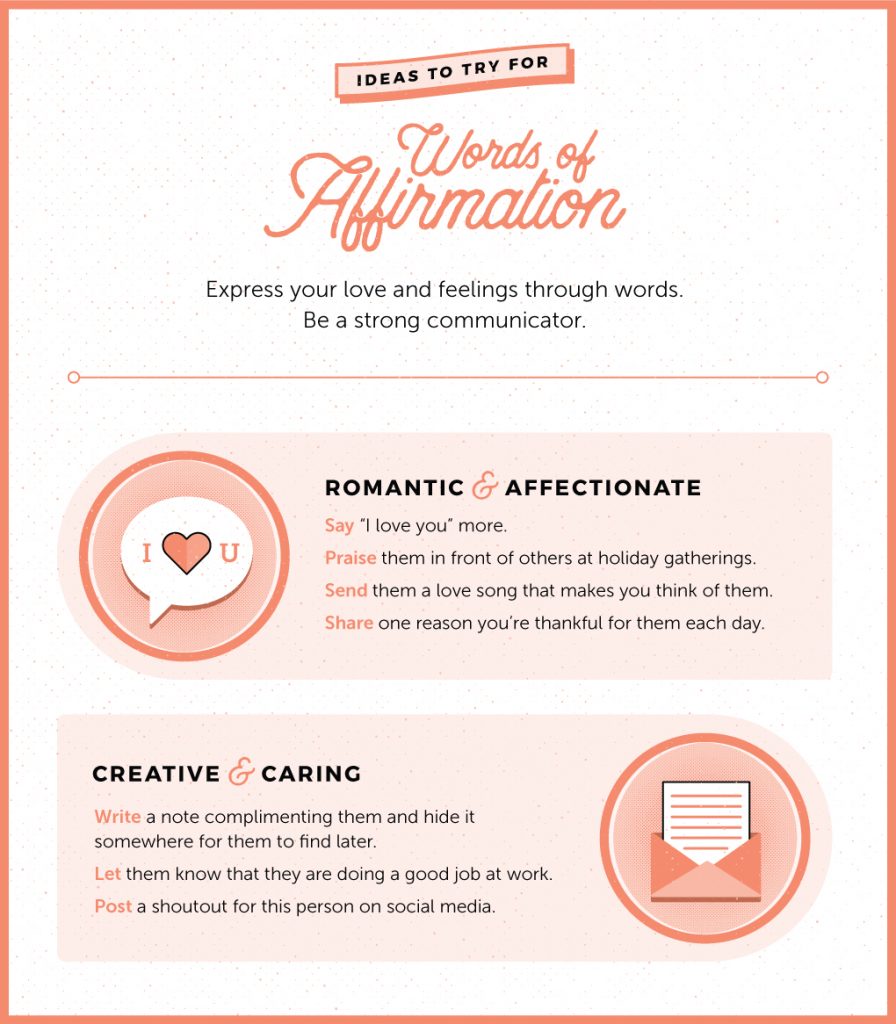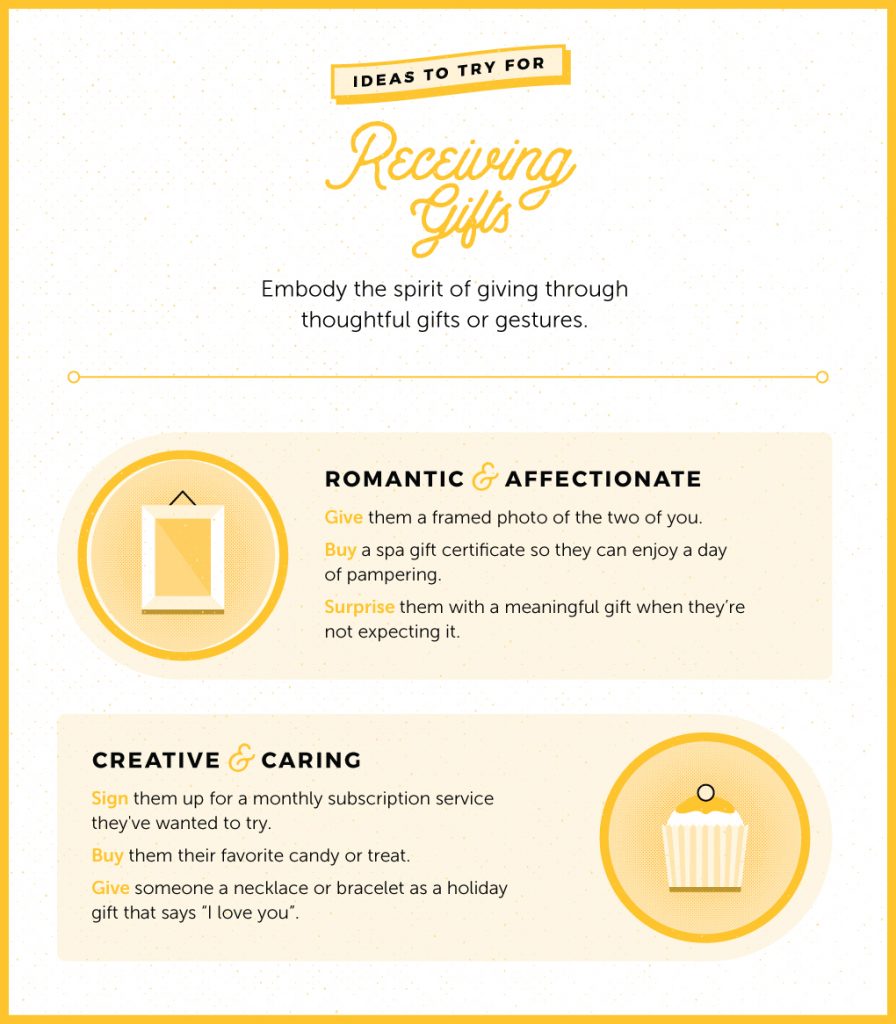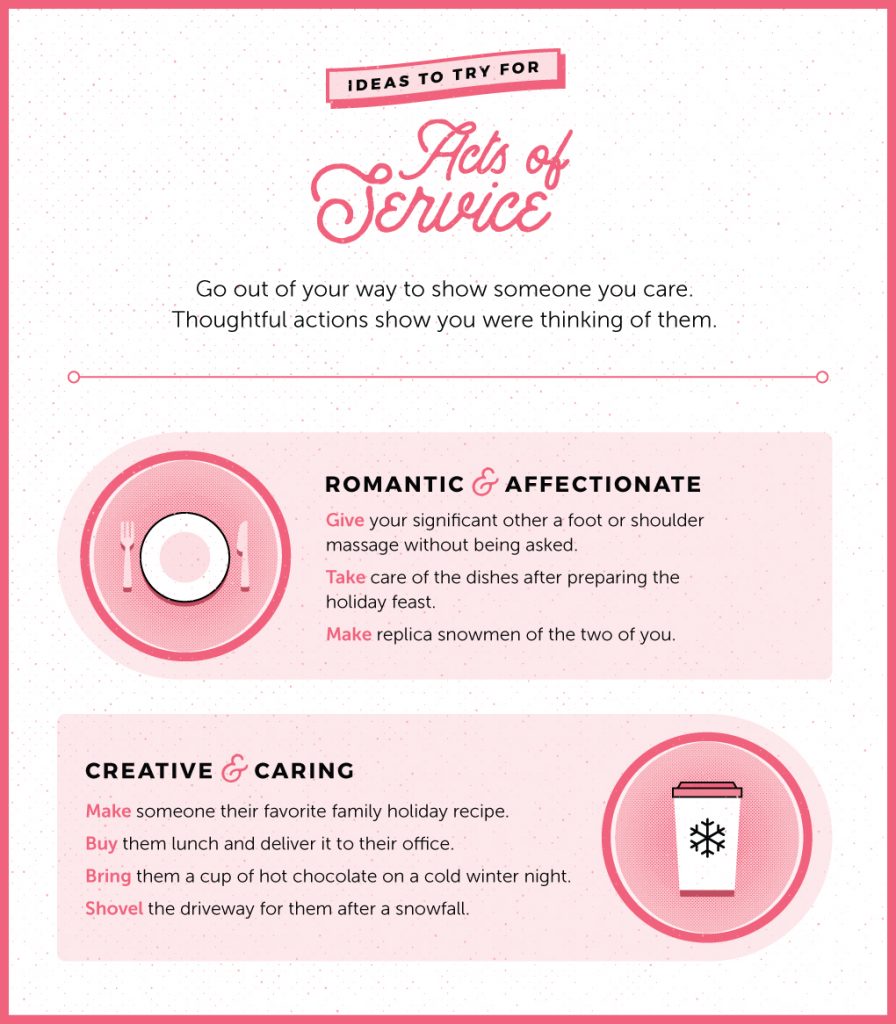How to Show You're Thankful Based on Love Languages
There's more to it than just sending someone a gift.
Nov 15, 2022
The holiday season is considered to be the most wonderful time of the year (isn't that right, Andy Williams?), and it’s the perfect time to let the people in your life know how much you love and care about them. However, love looks a little bit different to everyone, and not every gesture will resonate the same with all the important people in your life. That’s why it’s important to be aware of what somebody’s love languages are.
The five love languages, developed by Dr. Gary Chapman, are ways that people prefer to receive expressions of love. Each person has a primary and secondary love language, which determine how they embrace and feel love or appreciation. These expressions of love don’t just impact your significant other or romantic relationships — they impact every person in your life.
The five love languages are:
- Words of Affirmation
- Quality Time
- Receiving Gifts
- Acts of Service
- Physical Touch
Unsure what your love languages are? Take Dr. Chapman’s assessment to discover which relate to you, and use your results to begin improving all relationships in your life.
Once you uncover which love languages apply to you and your loved ones, use our guide to discover the best ways to show thanks to the important people in your life and make this the best holiday season yet!
Words of affirmation
What it means
As the name suggests, people whose love language is words of affirmation value hearing positive sentiments or a meaningful compliment. Whether it’s a simple “I love you,” or “you’re doing a great job,” these words have a significant impact on the individual’s feeling of love.

Quality time
What it means
For someone whose love language is quality time, they value time spent together and receiving your undivided attention. Put away distractions like your cell phone and focus fully on your loved one, which will make them feel comforted and important.

Receiving gifts
What it means
Not to be confused with being materialistic, receiving gifts is the love language of people who value visible symbols of love. These physical gifts are thoughtful in nature, and show that the other person was thinking of you. Remember, it’s the thought that counts.

Acts of service
What it means
They say actions speak louder than words, and for people whose love language is acts of service, nothing could be more true. If this is your significant other’s love language, consider taking on an extra chore around the house. This will express your love in a way that resonates strongly with them, and they will appreciate the effort.

Physical touch
What it means
To this person, the easiest way to make them feel valued and appreciated is through human contact. This love language doesn’t just have to be an intimate touch — it can be giving someone a hug after a long day or putting an arm around their shoulder.

Understanding the love languages of the important people in your life, as well as recognizing your personal love languages, can help you grow and improve all relationships in your life. Going the extra mile to express your emotions in a way that makes them feel valued will help to strengthen your connection. Whether it’s sending someone special a sweet treat if their love language is receiving gifts, or simply spending quality time with your significant other, make this holiday season a true season of giving by catering to their needs.
Sources:
PetalTalk | Focus on the Family | Verily | A Symphony of Praise | Huffington Post






